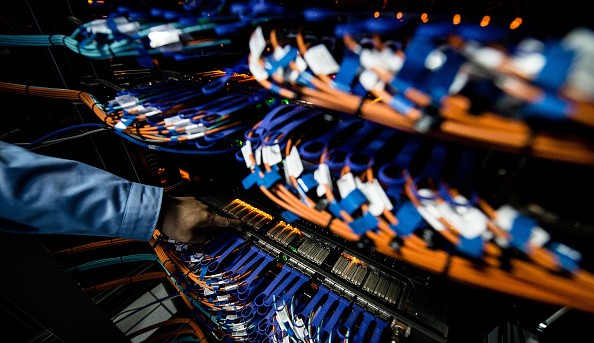The White House announced that it will substantially hike defense spending by $54 billion and reduce the budget for other "non-security" agencies. This means bad news for people who do scientific work and develop supercomputers that rely on federal research and development funding.
The Department of Energy, a department that funds exascale supercomputing development, is affected by this budget cut. The National Science Foundation, a major funder of basic research, may also be a target. Overall, the cuts will be focused on civilian agencies and not affect Medicare and Social Security.
Robert Atkinson, president of the Information Technology and Innovation Foundation, said: "If the president wants to cut things like exascale computing, we can be absolutely 100 percent sure that America will be less great."
China plans to release Tianhe-3, a first by 2018. The tianhe-3 remind the United States on its position on the China-U.S. supercomputing race.
The exascale system will be made entirely in China from processors to the operating system and will be fully operational by 2020, which earlier than what U.S. planned for the launch of its exascale supercomputer.
The U.S. developed a plan last December to shave two years off the original schedule of releasing the exascale system. This accelerated schedule requires more funding, thus, putting a cut in the advanced computing budget of the Department of Energy, may delay the U.S.-made exascale system.
The ITIF released a report which states that the Trump Administration will "torpedo U.S. growth" if it adopts conservative think tank Heritage Foundation's "ideological blueprint" for federal investment.
Atkinson added: "The United States' R&D funding as a percentage of GDP has been declining while China's increases. There should be zero doubt about what's going to happen after you keep that trend up a while. They will win if we don't change course."
The ITIF report also stated that if the Trump administration cuts 35 percent of the Department of Energy's advanced computing research, the U.S. would cede the advantage to America's global competitors, which are doing the exact opposite--significantly increasing their investment in R&D and deployment of these technologies.



























